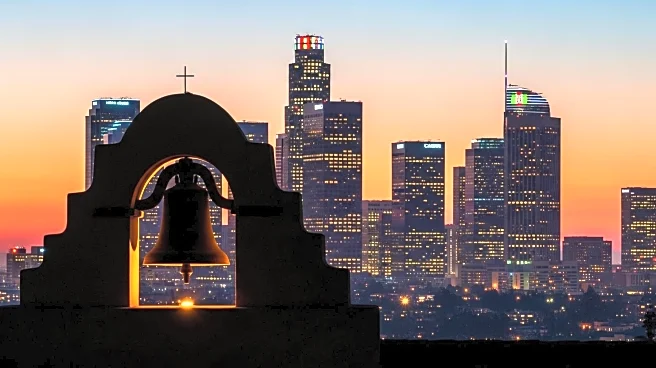Los Angeles has a rich history that spans centuries, evolving from a small Spanish settlement to a bustling global metropolis. Its timeline is marked by significant events and developments that have shaped its identity and growth. Understanding this timeline provides insight into the city's transformation and its current status as a cultural and economic powerhouse.
Origins
The origins of Los Angeles date back to 1781 when it was founded by Spanish settlers. The city was initially established as a small pueblo, serving as a strategic location for trade and agriculture. Its early growth was influenced by its position within the Spanish Empire and its proximity to the Pacific Ocean.
Key Phases
Los Angeles experienced several key phases of development, including its transition to American control in 1847 and its incorporation as a city in 1850. The arrival of the railroad in the late 19th century spurred rapid growth, transforming Los Angeles into a major transportation hub. The discovery of oil in the early 20th century further fueled its expansion, attracting new residents and industries.
Turning Points
Several turning points have defined Los Angeles' trajectory, including the rise of the entertainment industry in the early 20th century. The city's emergence as the center of film production established its reputation as a cultural capital. Additionally, the construction of the freeway system in the mid-20th century facilitated suburban growth and reshaped the urban landscape.
Present Status in Source
Today, Los Angeles is a vibrant and diverse city, home to over 3.8 million people. It remains a global leader in entertainment, technology, and international trade, with a dynamic economy and a rich cultural scene. The city's ongoing challenges, such as housing and transportation, continue to shape its development and influence its future trajectory.
















